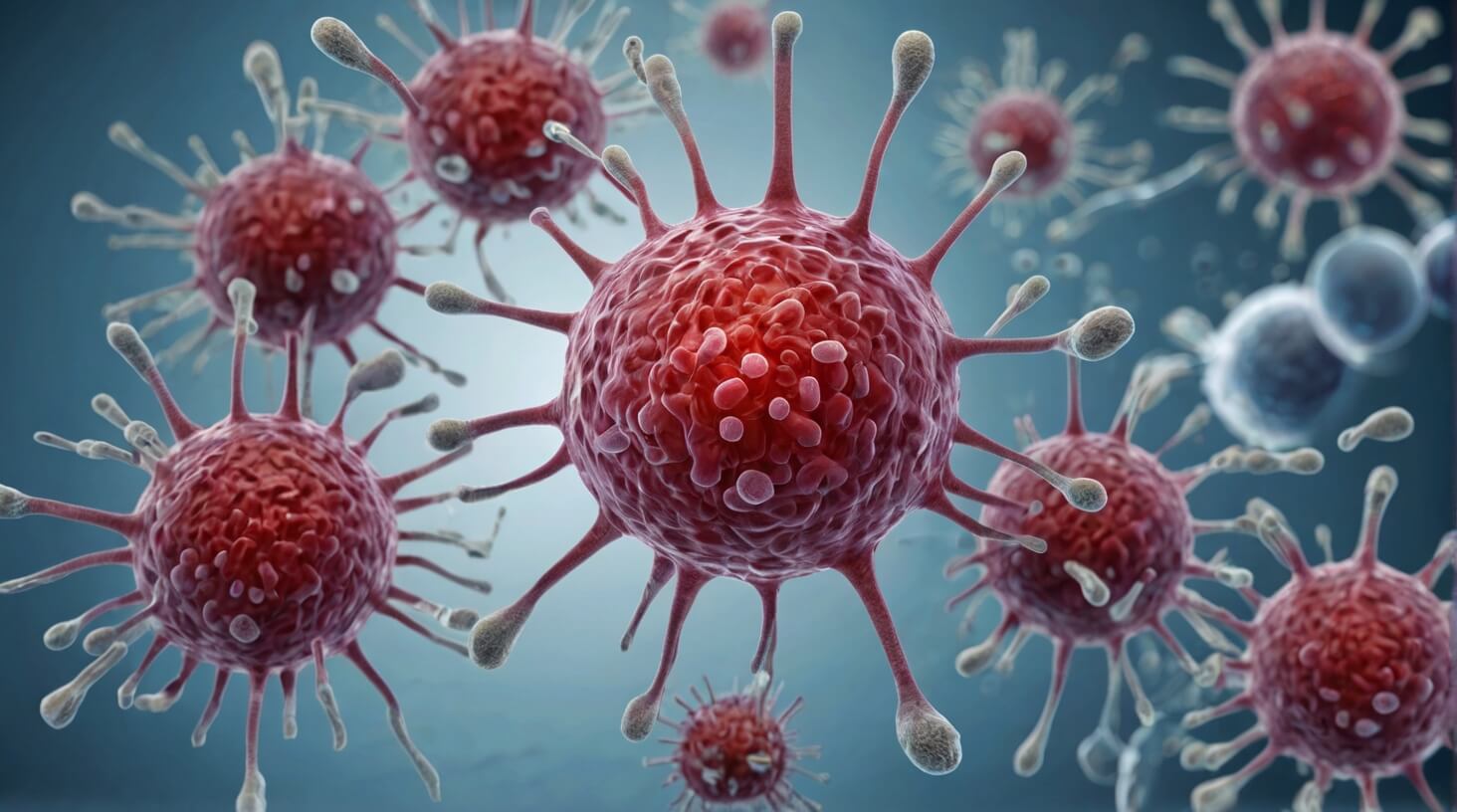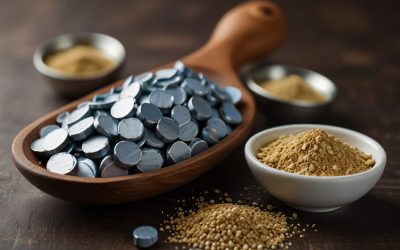Imagine your body as a fortress, with the immune system as its defense, resilient but not impregnable. You’ve likely heard that probiotics—often called the “good bacteria”—can reinforce these defenses, but you might wonder how these microscopic allies actually interact with your immune system. As you sit down with your morning yogurt, consider this: the probiotics you’re consuming are more than just a breakfast supplement; they’re active participants in the complex dialogue within your gut that can influence your body’s ability to fend off illness. Through the adherence to intestinal walls and the subsequent activation of various immune cells, probiotics have been shown to play a pivotal role in maintaining your health. Yet, the intricacies of their relationship with the immune system are far from being fully understood. As you contemplate how these tiny organisms contribute to the larger battle against pathogens, it’s worth exploring the depth of their alliance with our bodily defenses, and the potential they hold for future health interventions.
Key Takeaways
- Gut-associated lymphoid tissue (GALT) plays a pivotal role in the body’s defense mechanisms and distinguishes between beneficial and harmful pathogens.
- Probiotics enhance the intestinal microbial balance, reinforce the intestinal barrier, and prevent pathogen translocation.
- Probiotics stimulate T cell regulatory cells and enhance immunoglobulin A (IgA) production, contributing to systemic immunity.
- Probiotics have substantiated clinical benefits, supporting therapeutic interventions and contributing to resilience against diseases.
Gut Immunity Fundamentals
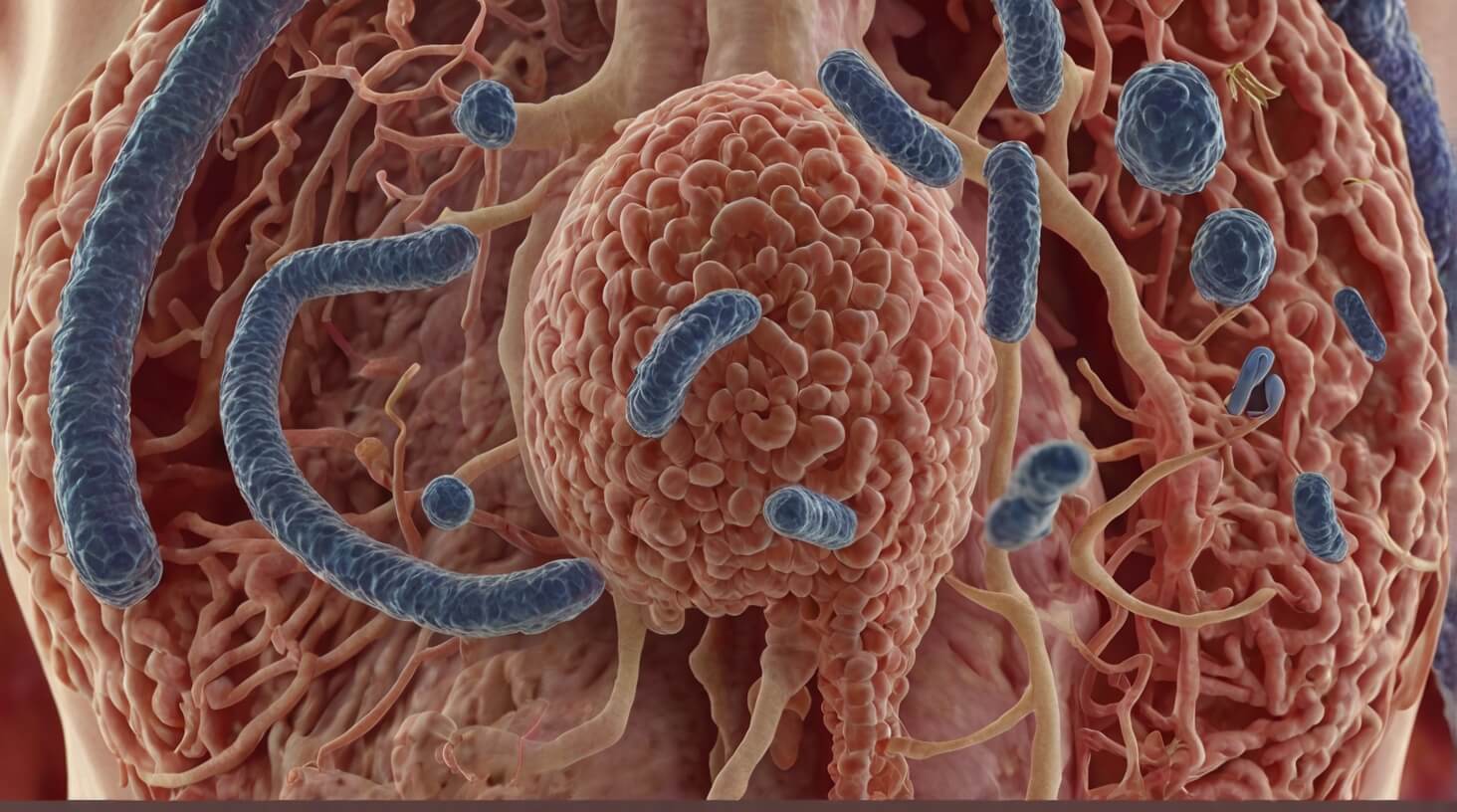
Your gut’s immune system, fundamentally known as gut-associated lymphoid tissue (GALT), plays a pivotal role in the body’s overall defense mechanisms, vigilantly distinguishing between beneficial and harmful pathogens. This intricate network is an integral part of the mucosal immune system, which arms the intestinal barrier function with a battalion of immune cells, including regulatory T cells, that oversee immune responses.
The gut microbiota composition is a complex community that has a symbiotic relationship with the host. Probiotic bacteria are beneficial members of this community, exerting immunomodulatory effects on the intestinal epithelial cells. These effects are crucial for maintaining homeostasis and enhancing the body’s ability to ward off diseases. The modulation of intestinal microbiota by probiotic bacteria can lead to the reinforcement of the intestinal barrier, preventing the translocation of pathogens and toxins into the bloodstream.
Furthermore, the beneficial effects of probiotics on the immune system are well-documented. Probiotics engage in a dialogue with the GALT, promoting the development and function of regulatory T cells. These cells are instrumental in maintaining tolerance to commensal bacteria while being fully equipped to mount an appropriate immune response against invading pathogens.
As you aim to serve others with this knowledge, it’s pivotal to understand that the balance within the gut microbiota is a determinant of health. By harnessing the immunomodulatory effects of probiotics, it’s possible to influence the immune responses favorably. This understanding can guide you in recommending dietary interventions that support gut health, potentially leading to improved outcomes for those under your care. In this manner, you’re not just serving individuals but also contributing to the broader effort of enhancing public health through gut microbiota research and its application.
Probiotics Defined
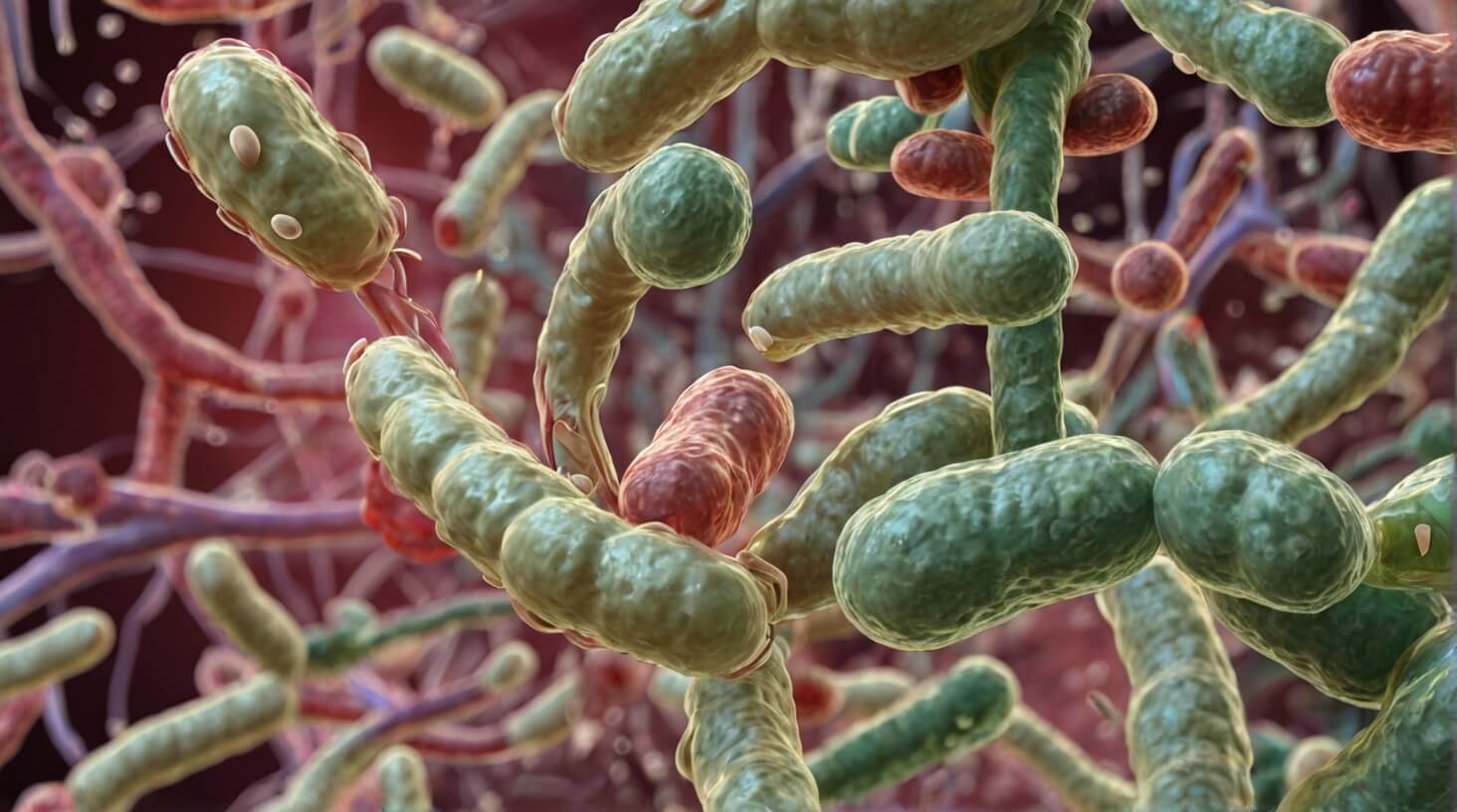
Defining probiotics, these are live microorganisms that, when administered in adequate amounts, offer a health advantage to the host by enhancing the intestinal microbial balance. Often referred to as beneficial bacteria, probiotics play a crucial role in maintaining a healthy gastrointestinal tract. They compete with harmful microbes, colonizing the intestine and contributing to the integrity of the gut barrier.
The use of probiotics is not a new concept; however, scientific advancements have allowed for the identification and utilization of specific probiotic strains tailored to support the host immune system. For example, lactic acid bacteria (LAB) are commonly used due to their ability to survive in the acidic environment of the stomach and adhere to the mucosal barrier.
Evidence-based research has shown that probiotics can modulate immune responses, stimulating T cell regulatory cells and enhancing the production of immunoglobulin A (IgA), which plays a critical role in mucosal immunity. By supporting the mucosal barrier, they prevent the translocation of pathogens, thereby reinforcing systemic immunity.
The table below illustrates some of the key functions and benefits of probiotics:
| Function | Benefit to Host |
|---|---|
| Colonization of intestine | Competes with harmful microbes |
| Enhancement of gut barrier | Protects gastrointestinal tract |
| Immunomodulation | Stimulates production of cytokines and IgAs |
Probiotic-Immune Interactions
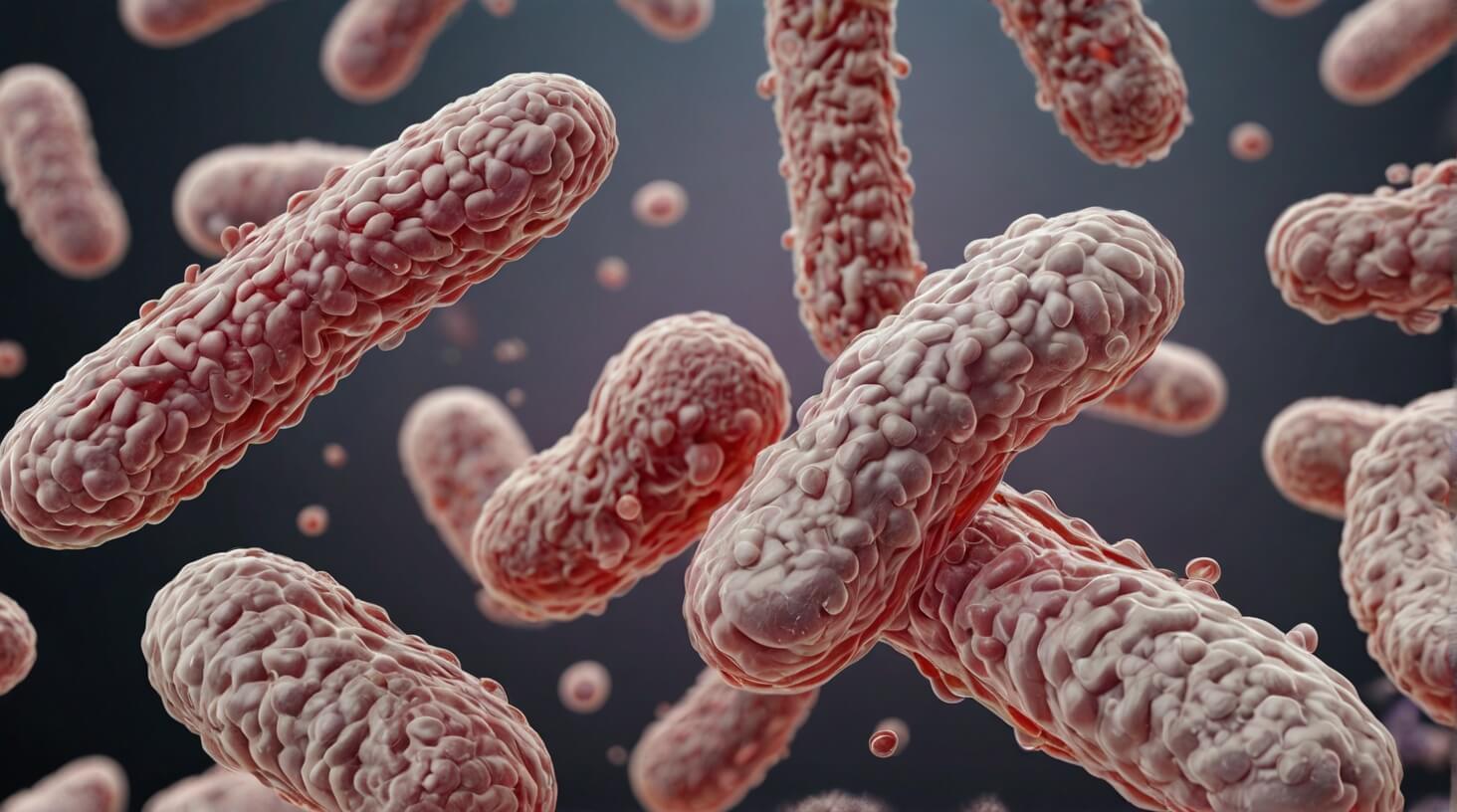
Engaging with the body’s immune system, probiotics facilitate a dynamic interaction with intestinal immune cells that play a pivotal role in regulating immune tolerance and combating infections. The immunomodulatory properties of probiotics are central to these beneficial effects on health. By stimulating immune cells, particularly Treg cells, probiotics influence cytokine production, steering immune systems towards a balanced state of responsiveness.
In the sophisticated environment of the intestinal epithelium, probiotic bacteria adhere to the mucosal surface, engaging pattern recognition receptors on host cells. This interaction is critical for maintaining intestinal barrier integrity and for the orchestration of the body’s defensive mechanisms. The crosstalk initiated by probiotics can lead to the activation of multiple immune pathways, fostering an environment conducive to the adaptive immune response.
Through the regulation of immune response, probiotics contribute to the containment of pathogenic microbes and the mitigation of inflammatory conditions, such as allergies, diarrhea, and inflammatory bowel diseases. Their role extends to modulating the activity of commensal microbes, thereby preserving immune homeostasis. The enhanced gut microbiota composition and diversity, fostered by probiotics, further solidify the gut’s role as a fortification against external insults.
As you aim to serve others by providing insights into gut health, it’s essential to recognize the significance of these microbial allies. Probiotics don’t just pass through the digestive tract; they actively engage with and support the complex immune machinery, offering a promising avenue for therapeutic interventions aimed at bolstering health and resilience against diseases.
Clinical Insights
Building on the understanding of probiotic-immune interactions, it’s crucial to examine how these mechanisms translate into tangible clinical benefits for patients with various health conditions. Probiotic effects on immune function have been a focal point in recent clinical trials. These trials have substantiated the immunomodulatory properties of probiotic bacteria, particularly their ability to modulate the immune system by acting on T and B cells.
Clinical insights reveal that probiotic administration can bolster immune homeostasis. For instance, probiotics induce the production of regulatory cytokines, which are essential for maintaining an immune response that is neither under- nor over-reactive. Moreover, probiotics on immune cells can stimulate the production of antibodies, including IgA, which plays a critical role in mucosal immunity.
To evoke an emotional response and illustrate these points, consider the following table summarizing key clinical insights:
| Health Condition | Probiotic Impact | Emotional Trigger |
|---|---|---|
| Allergies | Reduces symptoms | Relief and hope |
| Diarrhea | Decreases duration | Comfort and care |
| Inflammatory Bowel Disease | Improves gut function | Empathy and understanding |
| Infections | Enhances resistance | Security and trust |
| Immune Dysregulation | Restores balance | Peace and stability |
The table emphasizes the profound impact probiotics have on health, each outcome connecting to a deep-seated emotional response, from the relief of allergy symptoms to the comfort provided during gastrointestinal distress.
As you continue to serve others, appreciate that the probiotics you recommend are more than just supplements; they’re agents of change, capable of transforming lives by maintaining a balanced immune response and improving overall health.
Manufacturing Challenges
As we delve into the realm of probiotic production, it’s clear that ensuring the survival and efficacy of these beneficial microorganisms through manufacturing, storage, and ingestion presents a complex challenge for producers. Probiotic bacteria are celebrated for their beneficial mechanisms, particularly their immunomodulatory properties that contribute to intestinal health. However, the journey from culture to consumer is fraught with manufacturing challenges.
Firstly, maintaining the stability and viability of probiotic strains is paramount. These strains must survive the rigors of processing, encapsulation, and shelf life. This demands specialized facilities and processes that can safeguard the purity and identity of the strains. Ensuring that probiotic bacteria retain their capacity to colonize the gastrointestinal tract and bolster barrier function through the production of tight junction proteins is a sophisticated venture.
Secondly, producers face the difficulty of achieving consistent potency and dosage of probiotics in the final product. This is critical since the scientific association for probiotics underscores the importance of dosage in realizing the full health benefits. Variability in potency can undermine the credibility and effectiveness of probiotic supplements, making rigorous quality control a necessity.
Lastly, oral administration adds another layer of complexity. Probiotics must endure the acidic environment of the stomach to reach the intestines unscathed and functional. Manufacturers must engineer delivery systems that protect these sensitive organisms until they arrive at their intended site of action.
For those in the field who desire to serve others by providing health-promoting products, these challenges underscore the need for ongoing research, innovation, and stringent quality assurance in the manufacture of probiotics.
Future Research Directions
While manufacturers strive to overcome production barriers, researchers must now focus on elucidating the precise immunomodulatory effects of probiotics to enhance therapeutic applications. You’re tasked with pushing the boundaries of scientific understanding, delving into the mechanisms of probiotic action that underpin the engagement with the human immune system. This is critical to tailor interventions that can meaningfully serve patient populations.
Your research should prioritize:
- Identifying strain-specific effects and the optimal dosages of probiotic bacteria that offer the strongest immunomodulatory properties for different inflammatory diseases.
- Investigating the role of probiotics in both innate and adaptive immune responses, contributing to a comprehensive view of their therapeutic potential.
- Exploring the microbiota modulation capabilities of paraprobiotics and postbiotics, which may provide additional advantages for immune system modulation.
It’s imperative to dissect the possible mechanisms by which probiotics interact with host immunity. You need to produce evidence-based, reproducible scientific results that can be translated into clinical practices. The future research directions hinge on understanding not just the effect of probiotics but also the specificity of these effects for various target populations.
The immunomodulatory properties of probiotic bacteria hold promise, yet they demand a deep dive into the science of microbiota modulation. You’re encouraged to consider the wider implications of your research for those you aim to serve, ensuring that your work contributes to the development of probiotic therapies that are safe, effective, and customized to individual needs. This is where your efforts can truly make a difference, advancing the role of probiotics in public health.

